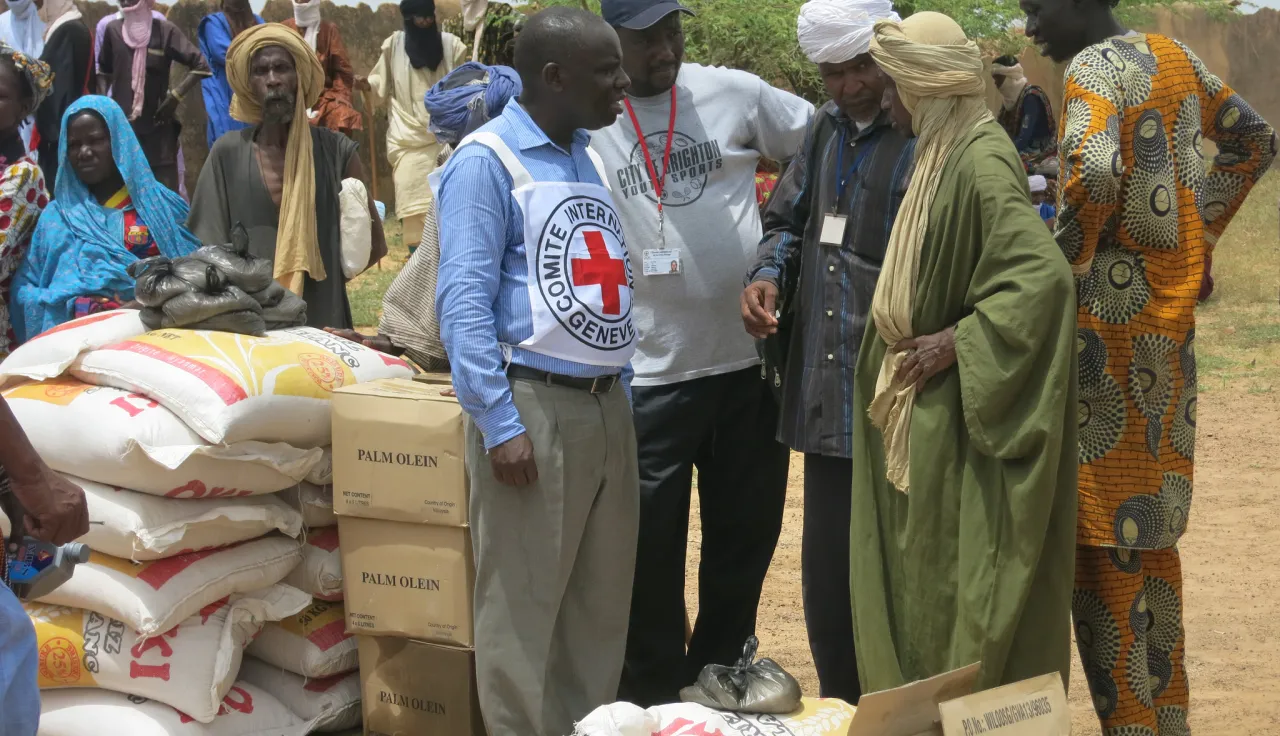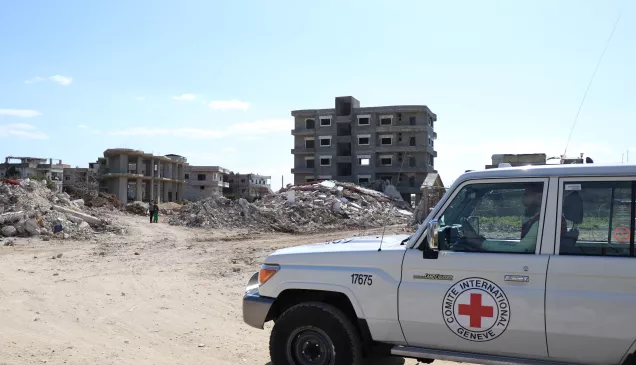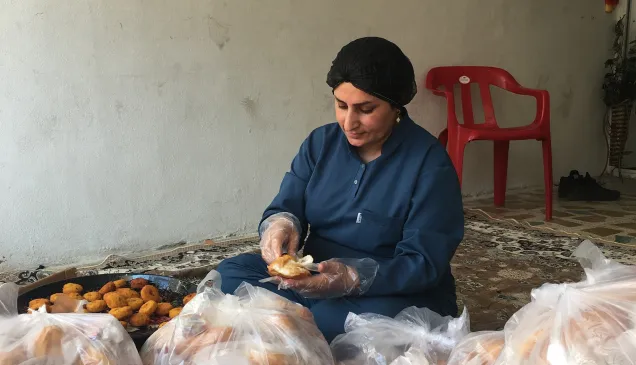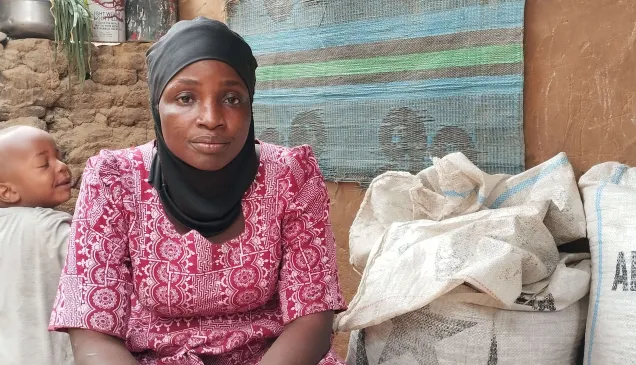Helping the people of northern Mali to be self-sufficient

Life has been tough for the people of northern Mali in recent years. Harvests have failed because of drought and flooding, and two million people face food shortages. Economic turmoil has unleashed political violence, forcing many Malians to flee their homes. The ICRC is helping communities in northern Mali to be self-sufficient by vaccinating cattle and distributing food, seed and essential household items.
"When people flee their villages, they can end up somewhere safer, but are left completely destitute. They can no longer grow crops or feed their cattle. Nobody goes to market anymore, and as supplies dwindle economic activity slows further," explained Jean-Pierre Nereyabagabo, who coordinates the ICRC's economic security programme in Mali. We caught up with Jean-Pierre to ask him a few questions.
What's the situation like now that the rains have returned?
Although there's been plenty of rain this year, it has not been spread equally across the country. In parts of Gao, Timbuktu and Mopti, heavy rain has caused flooding, destroying homes and crops. While in Salaam, Faguibine and parts of Kidal, there's not been enough rain to relieve the parched earth, making pasture for grazing livestock harder to find.
How has this year's harvest been?
Compared to last year, this year's harvest has been marginally better, especially in the rice-growing areas around Timbuktu. However, crops that depend on rainfall, such as sorghum and millet, have not fared well, and most market garden crops have produced average yields at best. As a result, a growing number of people have struggled to put food on the table.
Between March and June 2015, the number of people struggling to feed themselves increased by 220,000. It is estimated that more than two million people in northern Mali are facing food shortages.
How are people coping?
Impoverished communities are facing hostile weather conditions; they have to rely on each other more than ever. Those who manage to find food willingly share it with others. We've seen that for ourselves: when we distribute food to particularly vulnerable groups, they share what they have with the rest of the community.
How is the ICRC helping these communities?
In order to help communities be self-sufficient, we decided to focus on strengthening their capacity to grow crops and breed livestock. We handed out animal feed and, between March and July alone, vaccinated nearly two million animals against ovine rinderpest, contagious bovine pleuropneumonia, splenic fever and sheep pox.
We distributed essential items to the most vulnerable displaced people, returnees and flood victims. Between April and August, we handed out over four thousand kits containing tarpaulins, impregnated mosquito nets, mats, blankets, kitchen utensils, buckets, clothing, soap and feminine hygiene products.
And during the lean season, we gave seed to the most vulnerable farmers. We also distributed food aid so that farmers can focus on growing crops and breeding livestock to become self-sufficient in the future.



